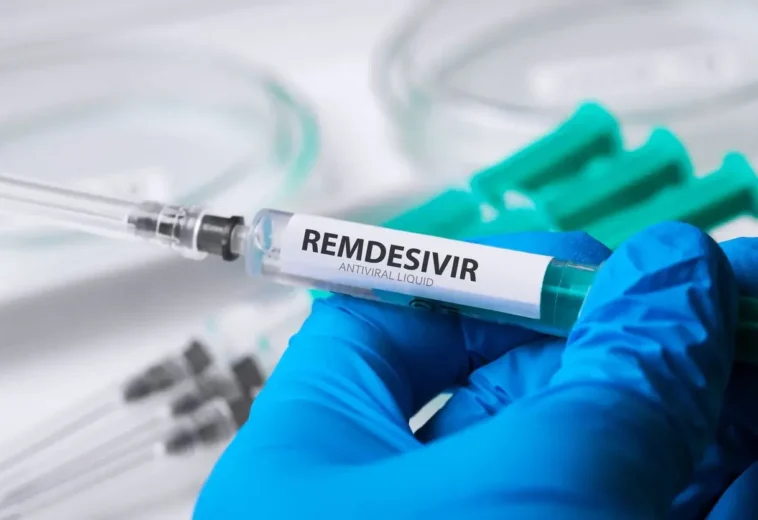Question not answered – How can it be sure, what will happen next, and what about your privacy?
How much of your safety should you delegate to government?
In the name of safety, the government has taken steps that critics say have denied citizens what used to be considered inalienable constitutional rights.
Citizens are concerned that their right to freedom of speech under the First Amendment is being denied, ostensibly, to keep citizens safe from “harmful misinformation,” and fear that the Second Amendment right to bear arms is being infringed upon to combat gun violence. Watchdogs further contend that citizens are being denied the Fifth Amendment’s protection against self-incrimination and the Sixth Amendment’s right to face one’s accuser when technology is used to gather evidence.
The fear now is that increased use of technology will soon mean an even greater loss of privacy and further erosion of the Fifth and Sixth Amendments, due to certain provisions in Joe Biden’s infrastructure bill which will soon become mandatory. Under the guise of keeping citizens safe by preventing drunk driving, it may amount to ceding the freedom to travel to government control.
H.R.3684 – Infrastructure Investment and Jobs Act
Drunk and Impaired Driving Prevention Technology
The infrastructure bill, HR. 3684, passed by both chambers of Congress and signed by Biden on November 15, 2021, includes a provision for several vehicle monitoring technologies to be installed in cars, which have recently or will soon be required in new vehicles, including technology to determine if a driver is drunk or impaired.
The Center for Automotive Research’s Eric Paul Dennis reviewed the bill and summarized “key sections.” Dennis, a senior transportation systems analyst, reviewed the section on “Drunk and Impaired Driving Prevention Technology” (HR 3684 Section 24220) and explained that Congress gave the NHTSA (National Highway Traffic Safety Administration) the role of determining exactly what this section means and how it will be implemented:
This provision directs NHTSA to issue a rule to require “advanced drunk and impaired driving prevention technology” in new light vehicles.
- Congress tasked NHTSA with interpreting this law, including establishing the statutory meaning of “impaired.”
- The legislation directs NHTSA to adopt a new safety mandate by 15 November 2024 and begin enforcing it by September 2027 (at the latest) if this is feasible. [Emphasis added.]
Impaired driving not defined
Others, such as Michael Satterfield, writing as The Gentleman Racer®, were more detailed in their review of the legislation. Satterfield poured through the 1,039-page infrastructure bill. He agreed that good roads, bridges, and safety are important to automotive enthusiasts, but wrote that he uncovered some concerning legislation “buried deep within HR.3684.” The legislation calls not only for changes in crash testing and advanced pedestrian crash standards but also for a “kill switch” to be standard for all new vehicles by 2026.
Satterfield explained that all new vehicles will be required to have passive monitoring systems for the driver’s behavior and an algorithm will determine if the driver is too impaired to operate the vehicle. If the algorithm decides that the driver is too impaired to operate the car, the program will have some means of taking control of the vehicle. But what constitutes impairment and what the program will actually do was not explained by the legislation, as Satterfield noted:
What is not outlined in the bill is what constitutes impairment, outside of the blood alcohol standard, how does the software determine the difference between being tired and being impaired? Passive blood alcohol testing won’t detect impairment from prescription painkillers or other narcotics.
The bill also doesn’t outline what happens when a vehicle detects a driver may be impaired other than that the system must “prevent or limit motor vehicle operation if an impairment is detected” which is all well and good in a bar’s parking lot. But what will this system do if an “impairment is detected” while traveling at 75 mph on the highway? [Emphasis added.]
Accused by your own car’s surveillance system
Satterfield’s greatest concern was the question of individual privacy that a vehicle that monitors the driver raises, including who will have access to the data, and other issues such as the right not to self-incriminate under the Fifth Amendment and the Sixth Amendment right to face your accuser.
He also expressed concern that most drivers will not be aware of the new technology until it affects them in some way:
Perhaps the most disturbing aspect of the legislation is the lack of detail. The main concerns expressed by many, including former U.S.Rep. Bobb Barr, come down to privacy. Who will have access to the data? How long will it be stored? Will this capability be exploitable by third-party or government agencies to shut down vehicles outside of the function of preventing impaired driving?
Privacy concerns and the 5th Amendment’s right to not self-incriminate, and the 6th Amendment’s right to face one’s accuser, have already been used to challenge data collection from license plate readers and redlight cameras. Automakers have little choice but to comply with new federal mandates and the majority of consumers will likely be unaware of this new technology until it impacts them in some way. [Emphasis added.]
Freedom or control?
John Stossel recently interviewed former vintage race car driver Lauren Fix (video below) about what she believes are the implications of the soon-to-be-implemented impaired driving technology, as reported on FrontPage Magazine.
Fix pointed out that the algorithm cannot determine what exactly is happening in the car and with the driver and asks Stossel how much control over his life he is willing to give up:
Are you willing to give up every bit of control of your life? Once you give that up, you have no more freedom. This computer decides you can’t drive your vehicle. Great. Unless someone’s having a heart attack and trying to get to the hospital.”
California, Fix pointed out, already requires vehicle software to limit excess speed to 10 miles over the limit, legislation about which Frontline News reported.
Fix also revealed to Stossel that some companies already collect and sell driver data and proceeded to outline further abuses that could occur as a result of computer surveillance technology such as charging for mileage or monitoring your “carbon footprint” and deciding that you maxed out on your monthly carbon credits so you can’t drive anymore till the following month. Or perhaps the car won’t start because the software determines you may be on your way to purchase a firearm.
What about hackers?
Can hackers access a vehicle’s software and take control of someone’s car? This possibility is another worrying aspect of the infrastructure bill, which Frontline News will discuss in an upcoming report.
Related articles:
Cars to be programmed to limit speed if California bill becomes law
Originally posted: https://frontline.news/post/kill-switch-to-be-mandated-in-cars-by-2026-with-software-deciding-if-you-re-too-impaired-to-drive


